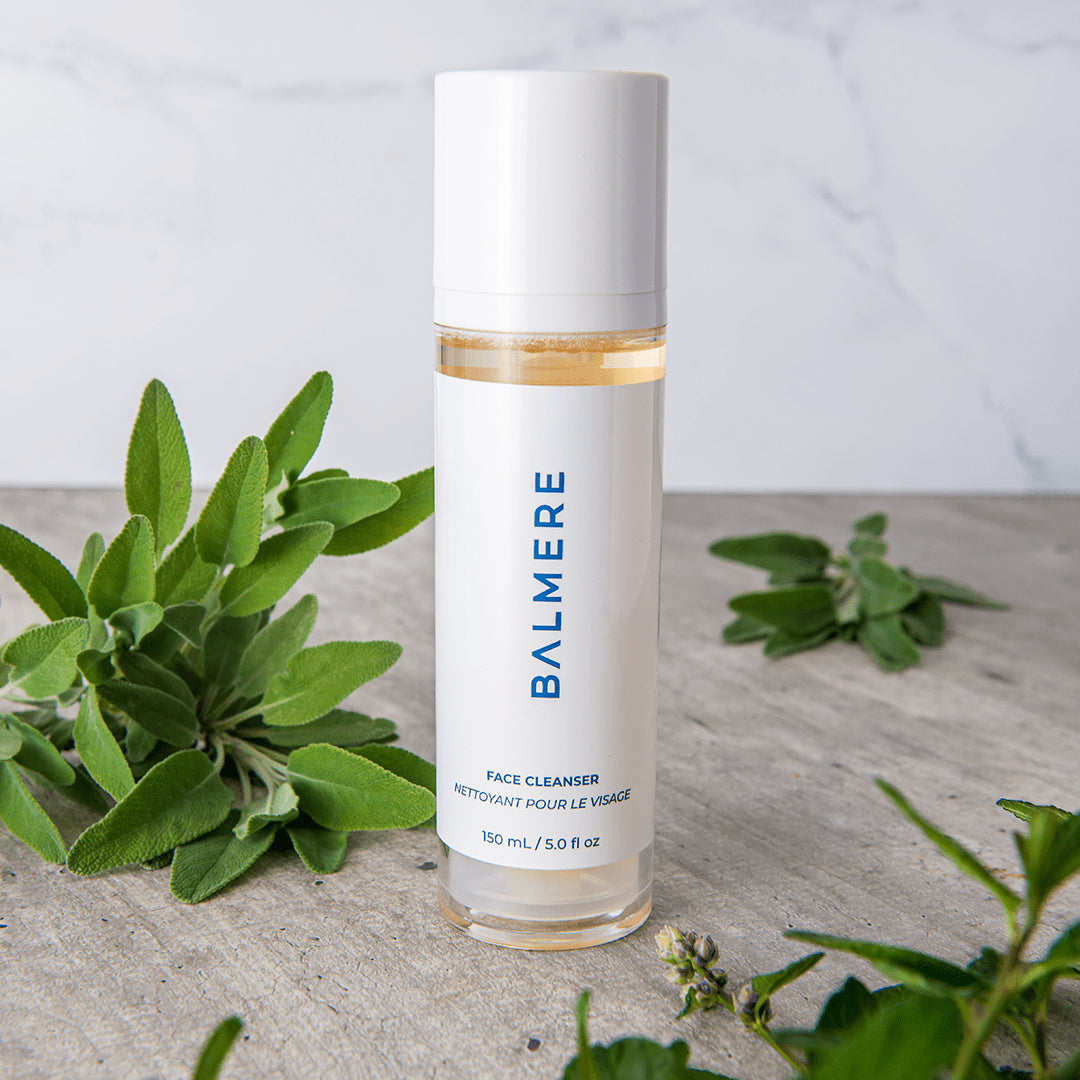Chemotherapy treatment can be a challenging and overwhelming experience for many individuals. In addition to the physical and emotional toll it takes on the body, chemotherapy can also have a significant impact on the skin. One of the most common side effects of chemotherapy is increased sensitivity to the sun, which can lead to sunburn, irritation, and other skin issues. It is crucial for individuals undergoing chemotherapy to take extra precautions to protect their skin from the sun's harmful rays. One of the best ways to do this is by using sunscreen. However, not all sunscreens are created equal, especially for those undergoing chemotherapy. In this article, we will provide recommendations on selecting the best sunscreen for individuals undergoing chemotherapy to help keep their skin healthy and protected.
Understanding Sunscreen
What is Sunscreen?
Sunscreen is a skincare product that helps protect the skin from the sun's harmful ultraviolet (UV) rays. There are two main types of UV rays that can damage the skin: UVA and UVB. UVA rays can prematurely age the skin, while UVB rays can cause sunburn. Sunscreen works by either absorbing or reflecting these UV rays to prevent them from penetrating the skin. If you are looking to buy sunscreen for chemotherapy patients visit Balmere.
Why is Sunscreen Important During Chemotherapy?
Chemotherapy can make the skin more sensitive to the sun, increasing the risk of sunburn, irritation, and other skin damage. It is essential to use sunscreen regularly to protect the skin and reduce the risk of these side effects. Additionally, some chemotherapy medications can make the skin more susceptible to sun-related skin cancers, making sunscreen an even more critical part of skincare during treatment.
Choosing the Right Sunscreen
Look for Broad Spectrum Protection
- Choose a sunscreen that offers broad-spectrum protection, which means it protects against both UVA and UVB rays.
- Look for sunscreens labeled as "broad-spectrum" or those that contain ingredients like zinc oxide or titanium dioxide.
Opt for a Gentle Formula
- Individuals undergoing chemotherapy may have extra-sensitive skin, so it is essential to choose a sunscreen with gentle, non-irritating ingredients.
- Avoid sunscreens with added fragrances, dyes, or other potential irritants.
Choose a High SPF
- Opt for a sunscreen with a sun protection factor (SPF) of 30 or higher for adequate protection.
- Consider using a higher SPF if you will be spending an extended period in direct sunlight.
Application Tips
Apply Sunscreen Daily
- Make applying sunscreen a part of your daily skincare routine, even on cloudy days.
- Remember to reapply sunscreen every two hours, or more frequently if you are sweating or swimming.
Use the Right Amount
- Apply a generous amount of sunscreen to cover all exposed areas of the skin.
- For the face, a nickel-sized amount of sunscreen is typically recommended.
Don't Forget Your Lips
- Use a lip balm with SPF to protect your lips from sun damage.
- Reapply lip balm throughout the day, especially after eating or drinking.
Additional Sun Protection Tips
Seek Shade
- Avoid direct sunlight during peak hours (10 am to 4 pm) when the sun's rays are strongest.
- Seek shade under an umbrella, tree, or other shelter when spending time outdoors.
Wear Protective Clothing
- Wear long sleeves, pants, and a wide-brimmed hat to protect your skin from the sun.
- Choose clothing with a tight weave or special sun-protective fabric for added protection.
Protect Your Eyes
- Wear sunglasses with UV protection to shield your eyes from harmful UV rays.
- Look for sunglasses that block 100% of UVA and UVB rays for maximum eye protection.
By following these sunscreen recommendations and sun protection tips, individuals undergoing chemotherapy can help protect their skin from the sun's harmful rays and reduce the risk of sun-related skin damage. Remember, it is essential to consult with a dermatologist or healthcare provider before starting any new skincare routine, especially during chemotherapy treatment.
